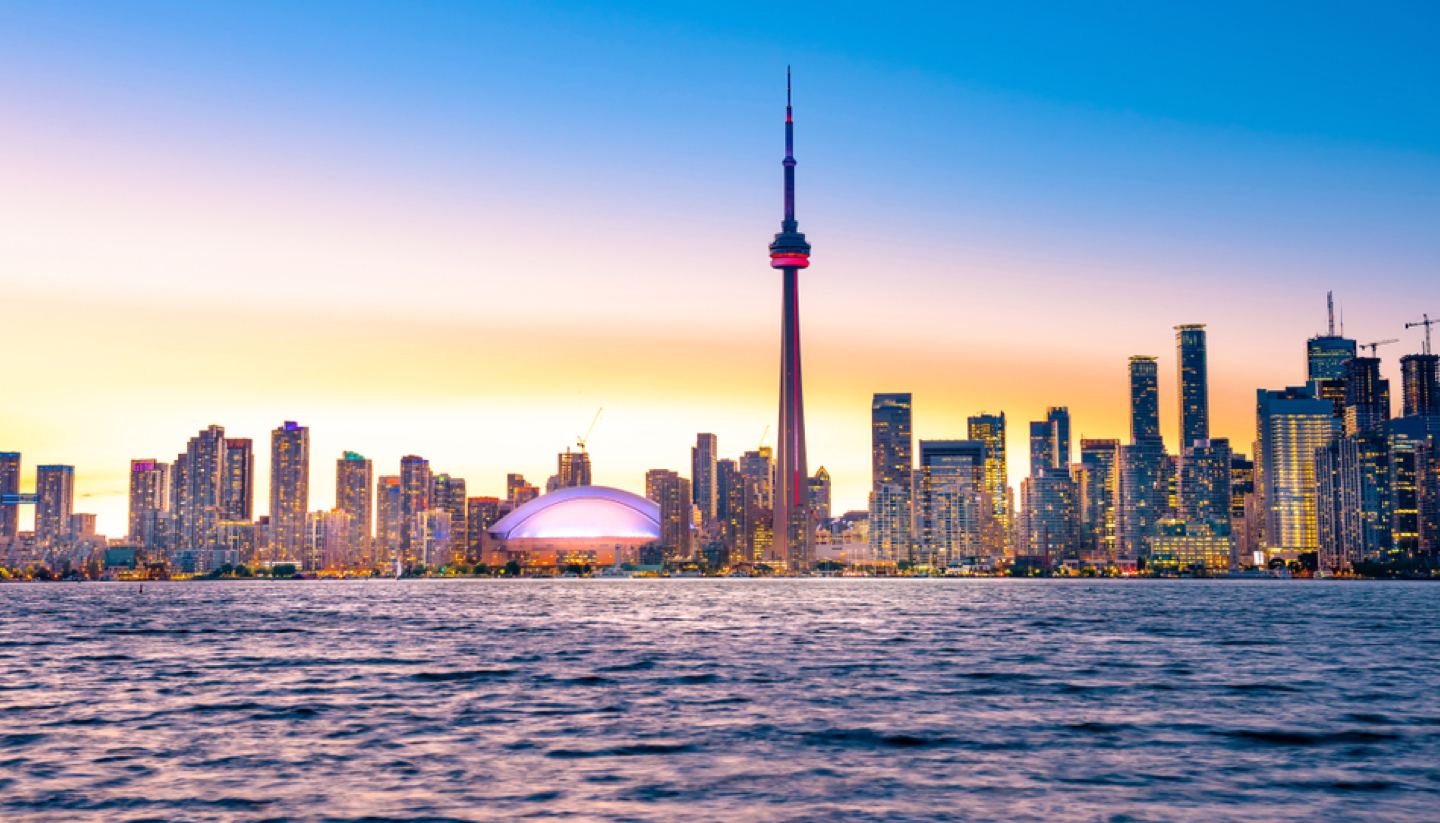Money and duty free for Canada
Currency and Money
Currency information
Canadian Dollar (CAD; symbol C$) = 100 cents. Notes are in denominations of C$100, 50, 20, 10 and 5. Coins are in denominations of C$2 and 1, and 25, 10, 5 cents.
Although the 1c coin (or penny) remains legal tender, as of 2013 it was phased out of circulation. Larger businesses may not accept 1c coins and request that they’re rounded up or down to the nearest 5 cents.
Credit cards
Major credit cards are widely accepted. Use of debit cards is widespread, although many stores impose a C$5 to C$20 minimum per debit card purchase, and service charges may apply.
ATM
ATMs are easy to find in populated areas but are less common in remote regions such as rural parts of the Northwest Territories, Nunavut and Labrador. Use a machine affiliated with a major bank to reduce service charges; independent machines in locations such as casinos and convenience stores may carry high charges and do not always accept international cards.
Travellers cheques
To avoid additional exchange rate charges, travellers are advised to take traveller's cheques in Canadian Dollars; these are negotiable primarily in banks, hotels and tourist facilities. Their use has declined somewhat in recent years as more visitors rely on ATM cards, but travellers should bring at least some emergency currency or traveller's cheques in case their ATM cards do not work.
Banking hours
Generally, Mon-Thu 1000-1600 and Fri 1000-1700. Some branches open as early as 0800 and many now open on Saturdays and Sundays too.
Currency restrictions
There are no restrictions on the import or export of local or foreign currency but amounts equal or greater than C$10,000 should be declared.
Currency exchange
You can easily exchange currency at any bank or bureau de change. Hotels sometimes change money too, but their exchange rate is likely to be less favourable. If you’re travelling to smaller communities, ensure you have a good supply of Canadian Dollars in cash, as you may not be able to change foreign currency at all and might not have access to an ATM.
Canada duty free
Overview
The following goods may be imported into Canada without incurring customs duty:
• 200 cigarettes and 50 cigars and 200g of loose tobacco and 200 tobacco sticks per person over 18 years of age.
• 1.5L of wine or 1.14L of spirits or 8.5L of beer or ale per person over 18 years of age if entering Alberta, Manitoba and Quebec, and over 19 years if entering British Columbia, New Brunswick, Newfoundland and Labrador, Northwest Territories, Nova Scotia, Nunavut, Ontario, Prince Edward Island, Saskatchewan and Yukon.
• Non-residents can bring gifts to the value of C$60 per gift (excluding advertising matter, tobacco or alcoholic beverages).
• Canadian residents can bring goods to the value of C$200 for trips out of the country of 24 hours or more (excluding alcohol and tobacco) and C$800 for trips of 48 hours or more (including alcohol and tobacco).
Banned Imports
The import of firearms, explosives, endangered species of animals and plants, animal products, meat, dairy, and food and plant material is subject to certain restrictions and formalities. Check the Canada Border Services Agency website (www.cbsa.gc.ca) for further details.
Banned Exports
Some products made from endangered animals may require an export certificate.




